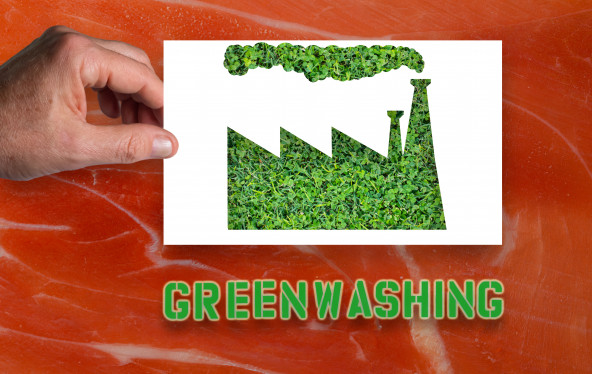Accusation of "greenwashing": warning for advertising with certified climate neutrality

"Climate neutral" as a misleading advertising claim
The Higher Regional Court of Düsseldorf recently had to decide on the requirements for permissible advertising under competition law in two proceedings and the Regional Court of Karlsruhe in a further legal dispute. The respective defendants in the proceedings were accused of misleading consumers by advertising their products as "climate-neutral" or "environmentally neutral". If there has been a misleading misrepresentation relevant under competition law pursuant to Section 5 or Section 5a UWG, competitors and qualified trade associations are entitled in particular to claims for removal, injunctive relief and damages. Misleading advertising can also consist of an "omission", for example by withholding essential information from the consumer.
Case law requirements for permissible advertising
The three proceedings ended very differently, although the products and their advertising were only designed differently in detail. On the one hand, the Higher Regional Court of Düsseldorf ruled that climate neutrality may be advertised in principle if the consumer is sufficiently informed about how this climate neutrality is achieved. This must be done, for example, by attaching hyperlinks or QR codes that lead to explanatory information. On the other hand, the Higher Regional Court of Düsseldorf made it clear in parallel proceedings that advertising with climate neutrality is likely to be inadmissible if such information is missing. The Karlsruhe Regional Court also stated that it could even depend on the individual offsetting measures as to whether the term "climate neutral" may be used for advertising purposes.
Seals or "certifications" for climate neutrality alone do not provide protection
The judgments are also noteworthy because the courts have made it clear that a "certification" of climate neutrality by a third-party company alone cannot dispel any misleading statements, even if they come from reputable companies that check sustainability according to certain defined criteria. Such certificates therefore only offer deceptive "protection", even though they are often associated with a great deal of effort and expense. This is because they remain legally ineffective, at least if it is not made clear in the advertising what the claimed climate neutrality refers to (e.g. the entire company, the life cycle of the product or just the production) and if the consumer is not informed about what is meant by climate neutrality in detail and how it is achieved.
Outlook on requirements and EU legislation
In principle, the three judgments are in line with the existing case law of the higher courts on advertising with environmental and climate protection aspects and further specify these. The result is a differentiated case law, the requirements of which must be taken into account extremely precisely so that legal risks can be excluded. However, the Supreme Court has yet to rule on "green" advertising, meaning that certain uncertainties remain for the time being.
In the future, however, European Union legislation will also have to be taken into account. The EU is planning a directive on the communication and verifiability of environmental advertising ("Green Claims" Directive), the draft of which VOELKER will report on in a separate article.
Summary
When advertising environmental and climate protection measures with regard to one's own company or its products, differentiated requirements of case law must be taken into account.
Even supposedly minor breaches of disclosure obligations could result in warnings or claims for injunctive relief and damages.
Seals or "certifications" from third-party companies alone offer no protection against this.
Reference numbers of the judgments referred to:
OLG Düsseldorf, judgment of 06.07.2023 - 20 U 72/22
OLG Düsseldorf, judgment of 06.07.2023 - 20 U 152/22
LG Karlsruhe, judgment of 26.07.2023 - 13 O 46/22 KfH
